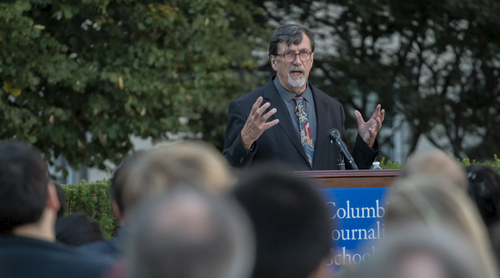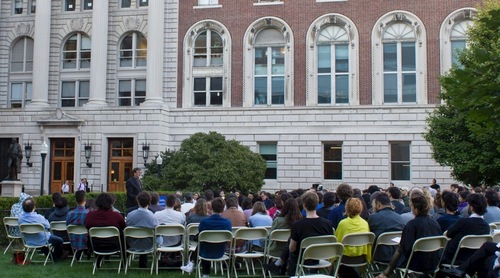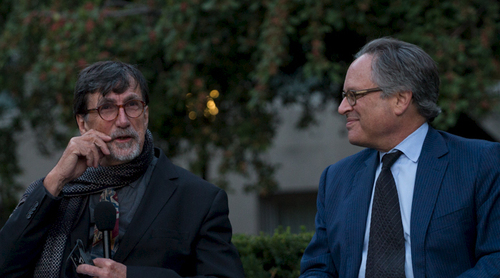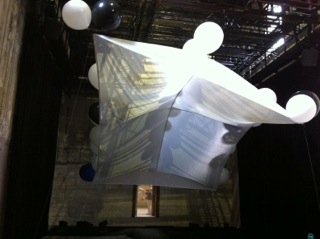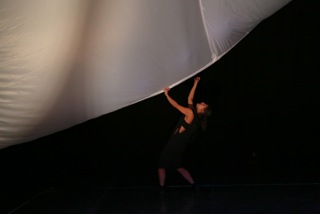Bruno Latour at Columbia University
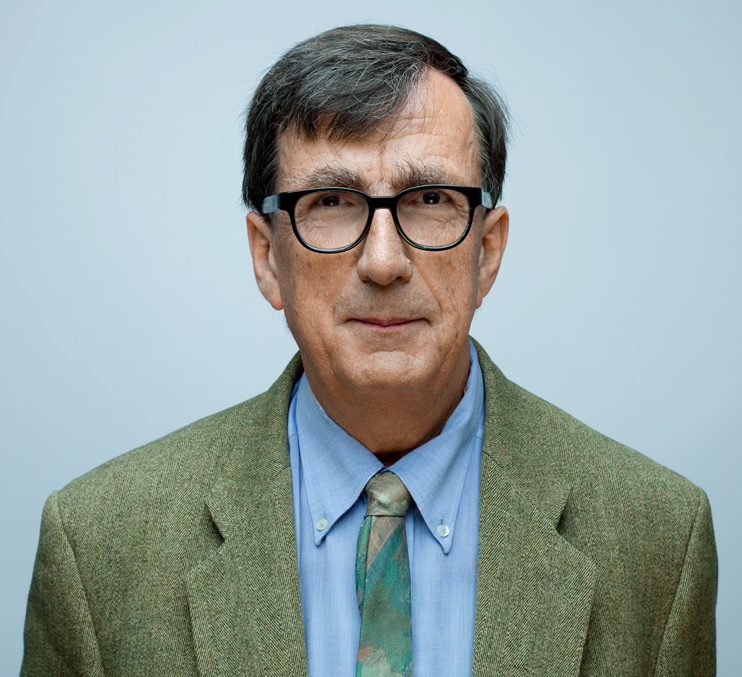
Photo Credit: Manuel Braun
September 22-25, 2014
Anthroplogist and sociologist Bruno Latour will visit Columbia University September 22-25. During his visit, he will give a public lecture (with Q&A by Nicholas Lemann of the Columbia School of Journalism), participate in both student and faculty seminars, and oversee three presentations of his play "Gaia Global Circus" at The Kitchen in Chelsea. The David and Helen Gurley Brown Institute for Media Innovation at Columbia’s Graduate School of Journalism has organized and sponsored Prof. Latour's visit with assistance from Alliance (Columbia, École Polytechnique, Sciences Po, and Panthéon-Sorbonne University), the Faculty of Arts and Sciences, The Department of Sociology at Columbia, The Interdisciplinary Center for Innovative Theory and Emprirics (INCITE, the faculty seminar with Prof. Latour being part of the Paul F. Lazarsfeld Lecture Series), The Department of Middle Eastern, South Asian, and African Studies (MESAAS), Columbia Maison Française, and The Center for Science and Society.
